Whatever your views may be on global warming – and I think you already know mine – the fact of the matter is that it’s happening.
While it may suit some of us in this high and green land to reject the mainstream thinking, we have to accept that, invariably, it will be the poor and the underprivileged in the low-lying countries of this world who will bear the burden. The problem was not of their making.
Neither have they reaped any of the benefits of our carbon-fuelled economies which we have enjoyed for well over a century.
I think there must be a reasonable transition period of at least 20 years to wean us off fossil fuels
So the carbon era must come to a gradual close. It was a cheap and readily available source of power but now we must push our ingenuity to its limits to develop other more sustainable sources of power.
But I think there must be a reasonable transition period of at least 20 years to wean us off fossil fuels. It has taken over 200 years to create this problem so we are not going to fix it in a few short years or, indeed, maybe not at all. It will take decades and the Greens and Greta will have to be more patient.
Equally, we must ignore the climate alarmists who force us into decisions that we may subsequently regret.
Unfortunately, because of our national absence of heavy industry, focus has moved almost entirely unto livestock-produced methane as our main source of greenhouse gas
Peat harvesting for domestic use is, to my mind, one such example. We don’t have to be the poster boys of Europe.
So where does this leave us farmers?
Our role as carbon sink managers is now being recognised and, certainly, carbon farming will be of almost equal importance as food farming. Unfortunately, because of our national absence of heavy industry, focus has moved almost entirely unto livestock-produced methane as our main source of greenhouse gas. This, I think, is very unfair and it’s certainly a case of easy and soft targeting.
Less grass and more meal – how does that make sense?
Minister McConalogue’s grab at farm forestry carbon was proof of this. The Green tail is wagging the governmental dog too much, I think. There are some crazy policies coming our way like finishing beef at 24 months. Less grass and more meal – how does that make sense?
Brussels and our own Government are entirely responsible for the policies which led to the huge expansion that has taken place in the Irish dairy herd over the last 10 years. I’m thinking of the abolition of quotas and Food Harvest 2020.
Diversity
However, this has now become more than a methane debate. Clearly, dairy expansion can’t continue at this rate. We don’t want Ireland covered coast-to-coast in cow paddocks. We need the diversity that tillage crops and sucklers and sheep provide.
Quotas may have to be reintroduced, not least because dairy farmers have an unfair advantage over other sectors and, particularly, the forgotten suckler farmer for whom dairying in not an option. Neither should dairy cows be allowed to annihilate the suckler cow.
But the dairy boom has made many family farms viable again, which is great news.
It began as a reasonable aspiration of milking 250 cows but now it seems to be increased to a goal of 1,000 cows or more
Farms which would have been previously unable to support the next younger generation on a full-time basis can do so again, which must be welcomed. I suspect there are a lot more young farmers in dairy than any other sector.
However, there can be little doubt that some dairy farmers became too avaricious.
It began as a reasonable aspiration of milking 250 cows but now it seems to be increased to a goal of 1,000 cows or more. But what’s the difference between greed and merely exploiting a good commercial opportunity? Pass. That’s for you to ponder. I’ve said enough.



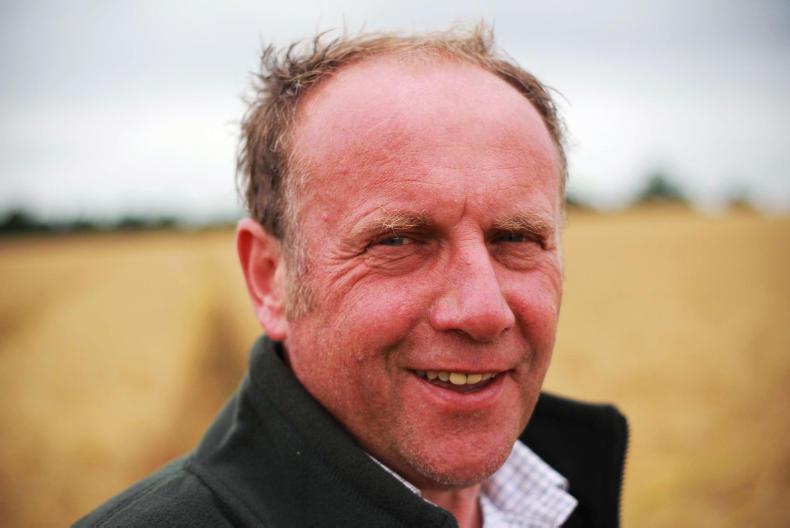

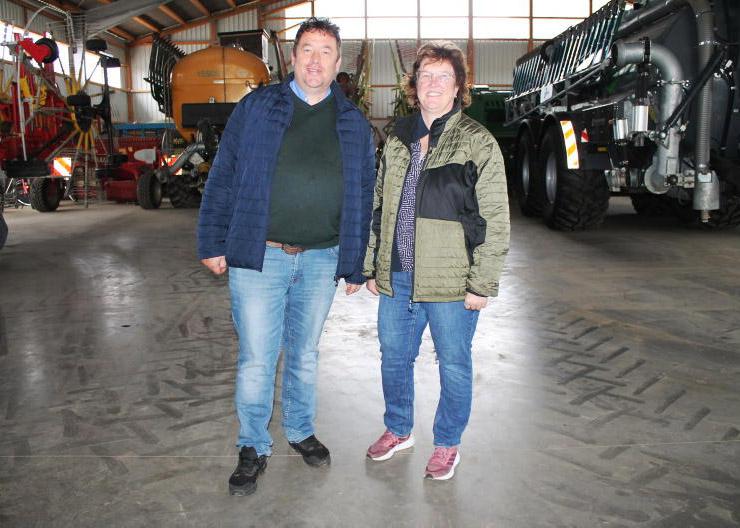

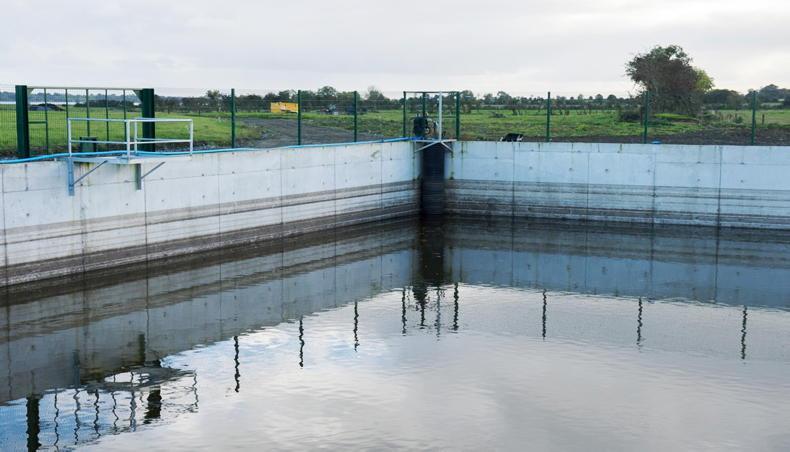
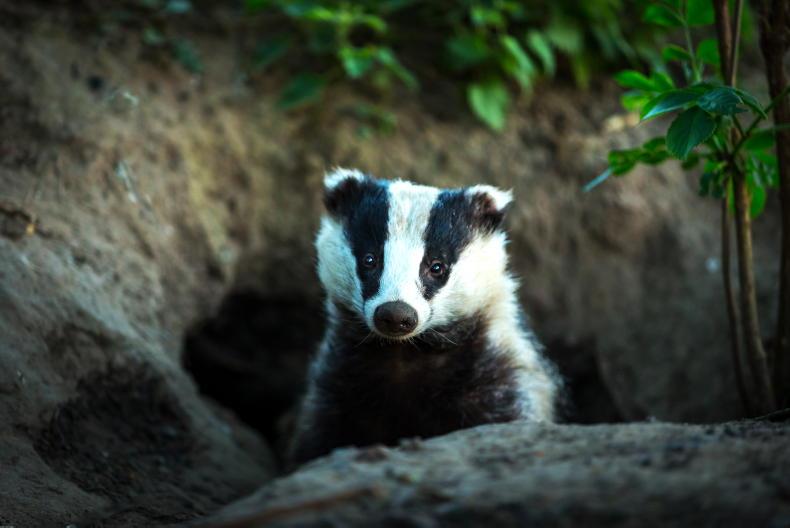
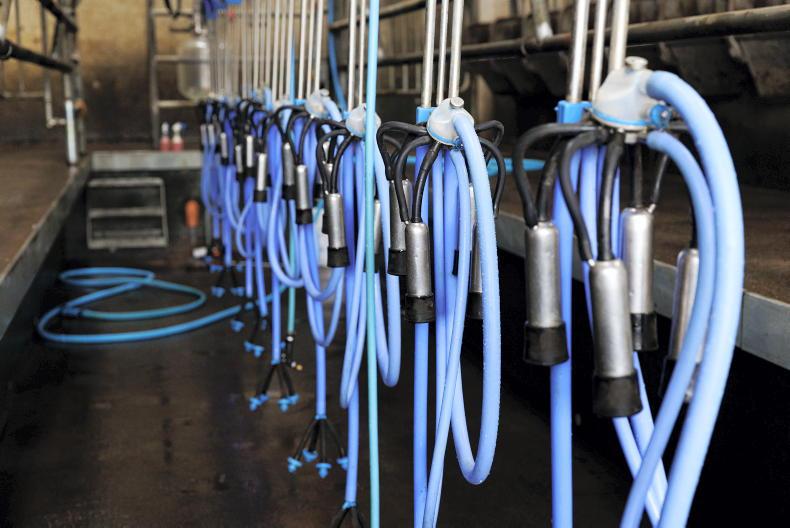
SHARING OPTIONS